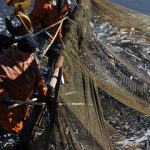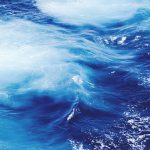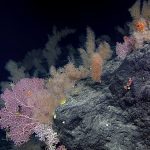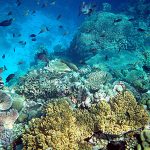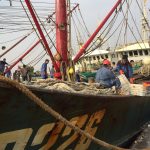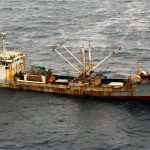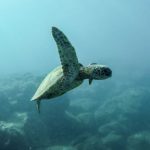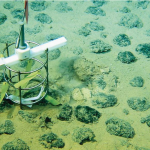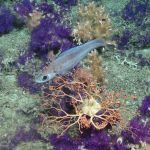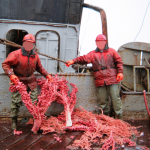Source: Seafood Source
The latest technical paper on catch documentation schemes from the Food and Agriculture Organization of the United Nations (FAO), discusses how such schemes benefit, or could benefit, deep-sea fisheries by protecting them from illegal, unreported, and unregulated (IUU) fishing.
Continue reading High-seas illegal fishing thwarted by catch documentation schemes

